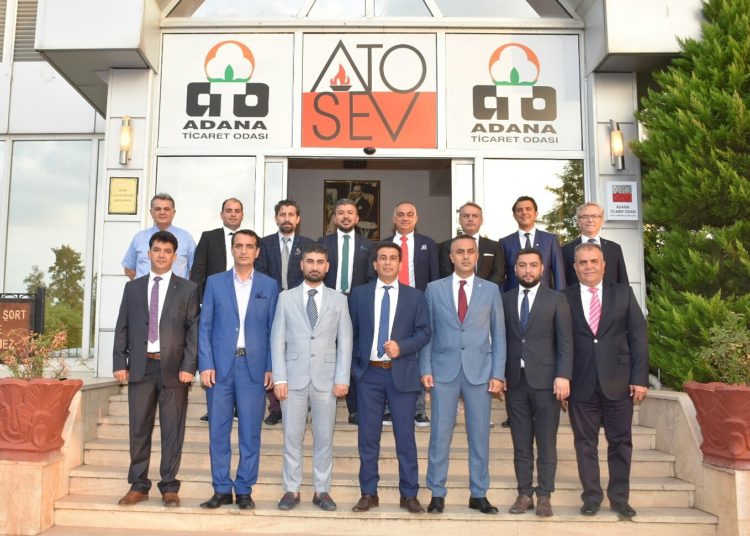Levent Kenez
Documents obtained by Nordic Monitor show that a foundation owned by the Adana Chamber of Commerce in southern Turkey requires university students to sign a letter of assurance that is discriminatory, insulting and a violation of human rights.
The Social Services and Education Foundation of the Adana Chamber of Commerce (ATOSEV) is offering scholarships to needy university students whose families live in Adana for the 2019-20 school year. The application checklist on the foundation’s website includes a standard application form, a document that confirms the applicant’s need for financial assistance, a copy of an identity registration certificate, a certificate of family residence, a student certificate and a passport photo. One thing not indicated among the required documents is that the applicant must sign a letter of assurance and submit it in person along with the other papers.
The letter of assurance, full of ambiguities and grammar mistakes in Turkish, reads: “I have no membership in/affiliation or communication with any terrorist organization, the FETÖ terrorist organization [a derogatory term coined by the Justice and Development Party (AKP) government to refer to members of the civic Gülen movement] or any organizations/groups/entities that are operating against the state and national security.”

The applicant must also state in their letter that he or she did not attend schools or university preparation courses or live in dormitories or homes affiliated with the aforementioned organizations and people associated with them.
The letter unsurprisingly bears traces of collective punishment in that there must be no administrative or legal investigation or sentencing related to such organizations against the applicant or their family members. That is to say, if the applicant’s brother or sister is the subject of an ongoing witch-hunt against government critics in Turkey, the applicant is not eligible to apply for the ATOSEV scholarship.

The applicant also allows the foundation to conduct a personal investigation into himself/herself and their family members for the purpose of confirming the assurances made in the letter, although it is unclear how an educational foundation has the ability to carry out such an investigation. Needless to say, by signing the letter the applicant accepts all terms and conditions including disciplinary action if any of the statements are proven to be false.
One more condition for a scholarship is that the applicant must not engage in politics. The foundation does not define what is meant by that; however, the Law on Political Parties states that every Turkish citizen over the age of 18 shall be entitled to become a member of a political party.

The attitude of a foundation run by a chamber of commerce is a clear reflection of the climate of fear that has pervaded the country since a controversial coup attempt in 2016 that many believe was a false flag orchestrated by President Recep Tayyip Erdoğan.
The Erdoğan government has seized at least 1,124 companies and transferred assets worth some TL 49.4 billion (around $11 billion) to the Savings Deposit Insurance Fund (TMSF) over their alleged links to the Gülen movement under the crackdown ongoing since 2016. At least 4,100 for-profit or non-profit legal entities were dissolved and their assets were confiscated under decree-laws without any judicial process.
Thousands of people were arbitrarily and unlawfully taken into custody and arrested. Many human rights institutions report that torture has been widely perpetrated on members, supporters and persons who have even the slightest connection to the movement. According to Turkey’s Ministry of Justice, a total of 500,650 people had been investigated over real and alleged links to the Gülen movement as of May 2019.
The government has carried out mass firings of academics, police and military officers and civil servants without due process, using trumped-up charges of links to terrorism or the failed coup attempt. Some 140,000 public servants were dismissed by decrees issued during a two-year-long state of emergency declared after the abortive coup. The government also imposed restrictions on their and their family members’ passports.
The government ordered the closure of 15 universities affiliated with the faith-based Gülen movement. Their buildings and other properties were given away to public institutions and pro-government businessmen. More than 300,000 movement-affiliated books have been removed from Turkish schools and libraries and destroyed since 2016, according to Turkey’s Ministry of Education.
Human rights groups are reporting a growing number of violations including a systematic and deliberate campaign of the enforced disappearance of government critics and suspicious deaths in Turkish prisons.












